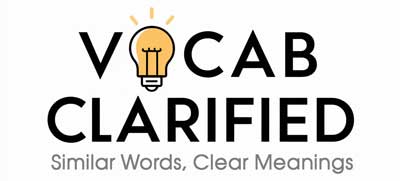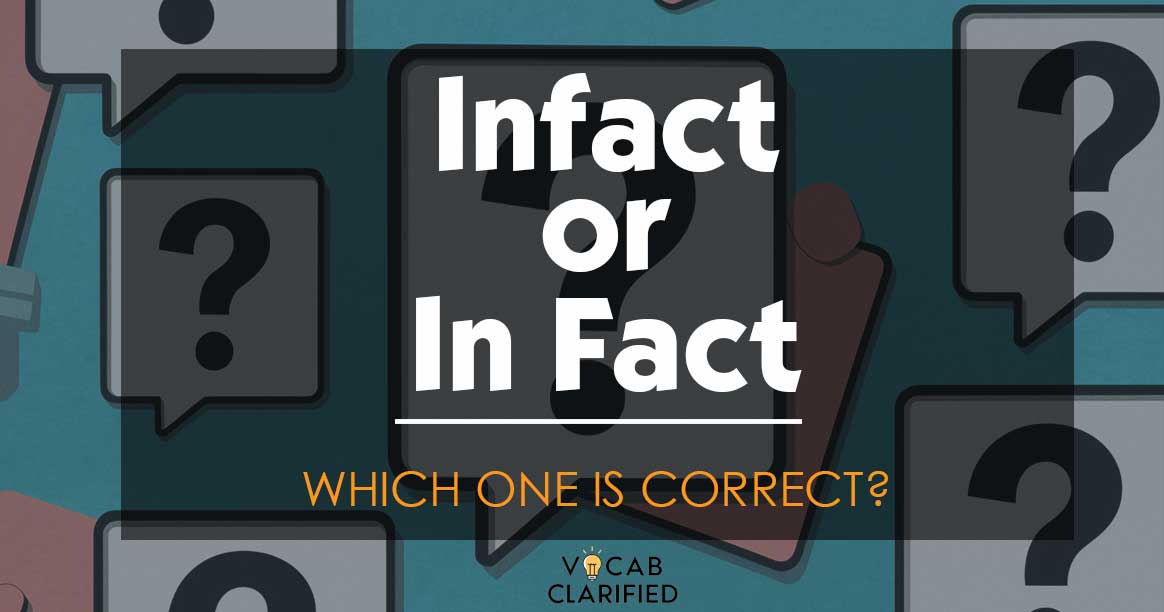Imagine you’re writing an email or an important report, and you want to emphasize a point. You type “infact” but something feels off—should it be “infact” or “in fact”? This common confusion arises because the two terms sound similar, but only one is correct in formal writing.
In this article, we’ll clarify the difference between “infact” and “in fact,” ensuring you’ll never mix them up again.
Understanding Infact and In Fact
Infact: Definition and Usage
“Infact” is often mistakenly used in place of “in fact.” However, “infact” is not a proper word in English.
It’s a common typographical error or misspelling resulting from the blending of the two separate words “in” and “fact.”
For example:
- Incorrect: Infact, the project was completed ahead of schedule.
In Fact: Definition and Usage
“In fact” is a two-word phrase used to introduce or emphasize a statement that supports or clarifies something that was just mentioned.
It often serves to correct a misconception or provide additional information.
For example:
- Correct: In fact, the project was completed ahead of schedule.
- Correct: She didn’t just meet the deadline; in fact, she finished two days early.
Side-by-Side Comparison
To help you decide which term to use, here’s a side-by-side comparison:
| Aspect | Infact | In Fact |
| Definition | A common misspelling; not a real word | A phrase used to emphasize or clarify |
| Common Usage | Incorrect: “Infact, he was right.” | Correct: “In fact, he was right.” |
| Key Differences | Incorrect in all contexts | Correct for emphasizing or clarifying facts |
When deciding between “infact” and “in fact,” remember that “infact” should be avoided altogether.
The correct phrase is “in fact,” and it’s used when you want to emphasize the truthfulness or significance of a statement.
Everyday Usage Examples
Here are some examples to illustrate how “in fact” fits into everyday language:
- In Fact: She thought the meeting was canceled; in fact, it had just been moved to a different time.
- In Fact: I believed I was late, but in fact, I arrived right on time.
- In Fact: The movie wasn’t just good; in fact, it was the best I’ve seen all year.
- In Fact: He didn’t forget to call; in fact, he called twice.
- In Fact: They weren’t just friends; in fact, they were childhood best friends.
- In Fact: The dessert wasn’t too sweet; in fact, it was perfectly balanced.
Conclusion
To sum up, “infact” is not a valid word in English, while “in fact” is a commonly used phrase that emphasizes or supports a statement.
Whenever you find yourself hesitating between the two, remember that “in fact” is the correct choice. Proper usage not only strengthens your writing but also ensures clear communication.

